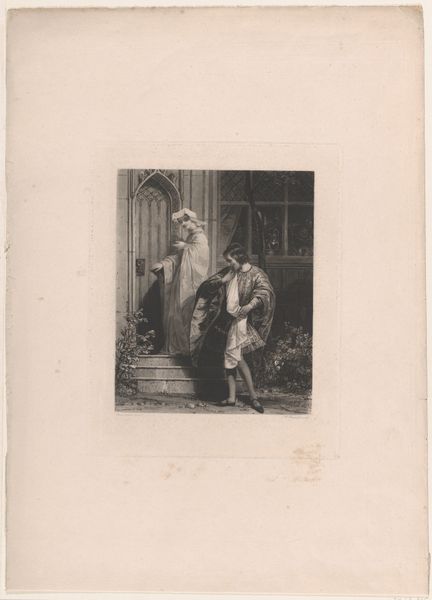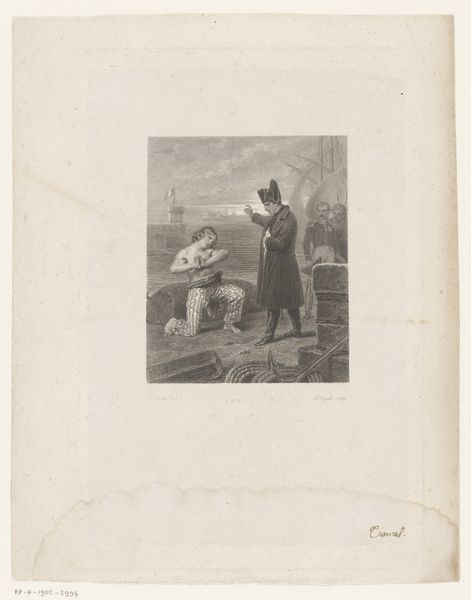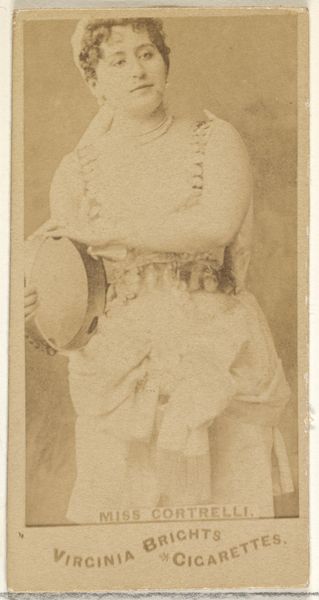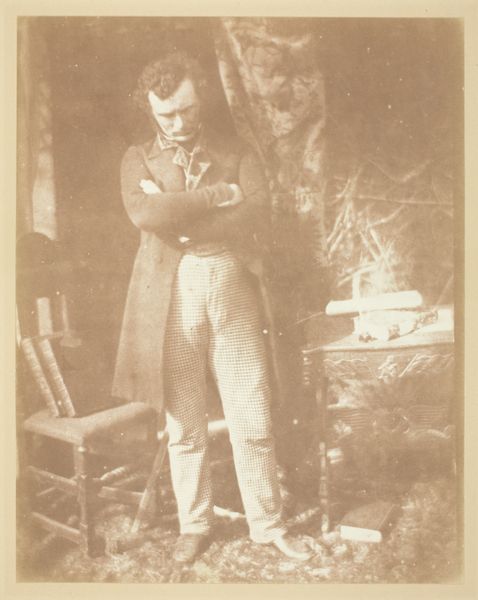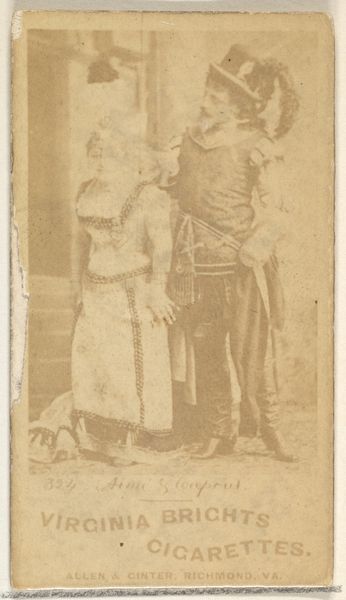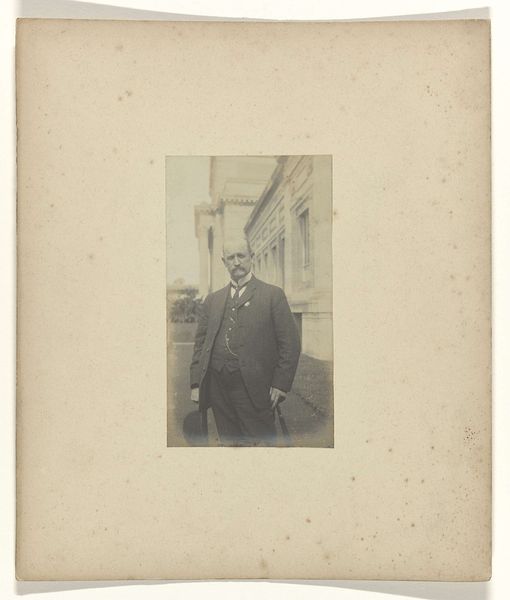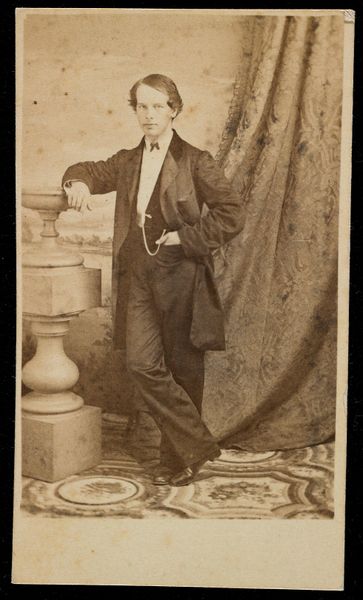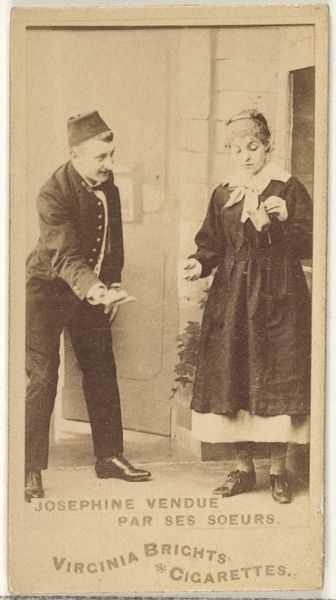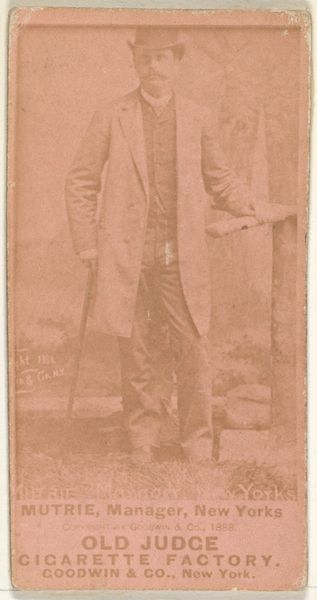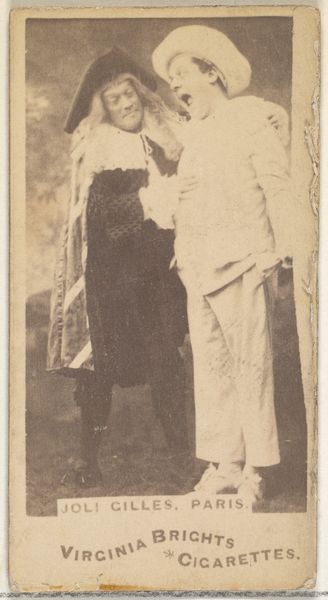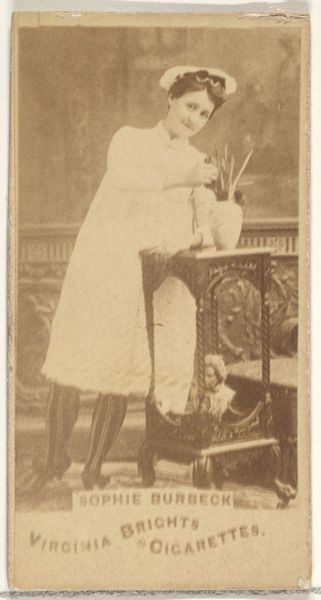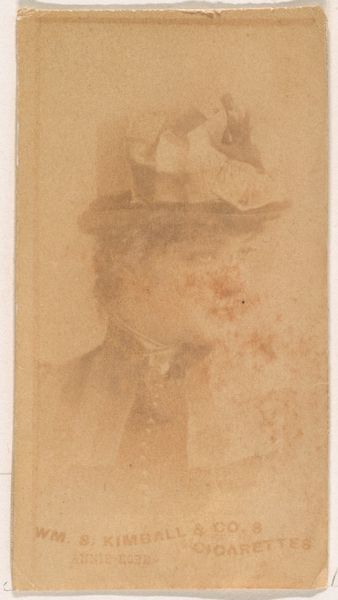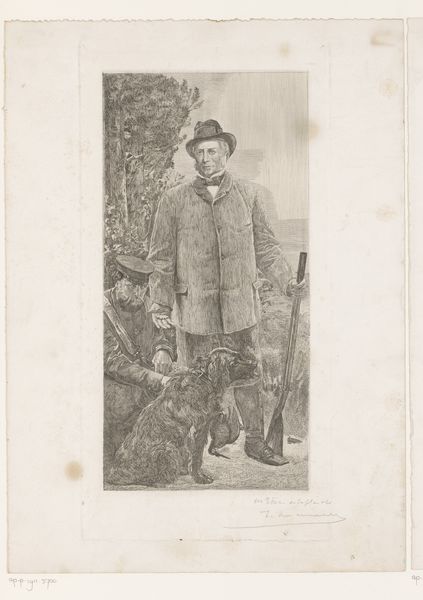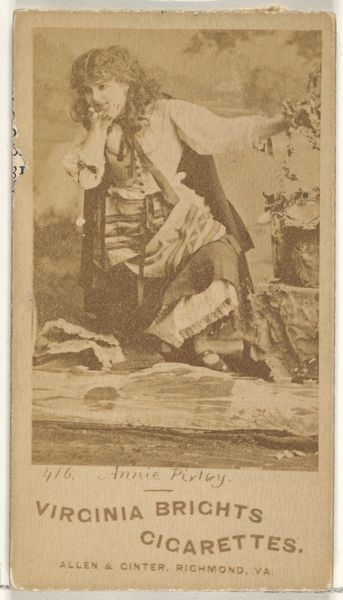
daguerreotype, photography
#
portrait
#
daguerreotype
#
photography
#
historical photography
#
romanticism
#
men
Copyright: Public Domain
David Roberts was captured here between 1843 and 1848 by Hill and Adamson, using a process called calotype. The calotype, one of the earliest photographic processes, involved coating paper with silver iodide, exposing it in a camera, and then developing the latent image. The resulting print, like this one, has a soft, almost painterly quality, distinct from the sharp clarity of later photographic methods. Consider the labor involved: from preparing the chemicals and coating the paper in the darkroom, to setting up the shot outdoors, waiting for the right light, and carefully developing the print. Each step demanded precision and skill. The image's sepia tone isn't just an aesthetic choice, but a direct result of the materials and chemistry used. Recognizing the hand-made nature of early photography challenges our assumptions about what a photograph is, and who the photographer is. It invites us to see beyond the subject matter and appreciate the craft involved in creating the image.
Comments
No comments
Be the first to comment and join the conversation on the ultimate creative platform.
